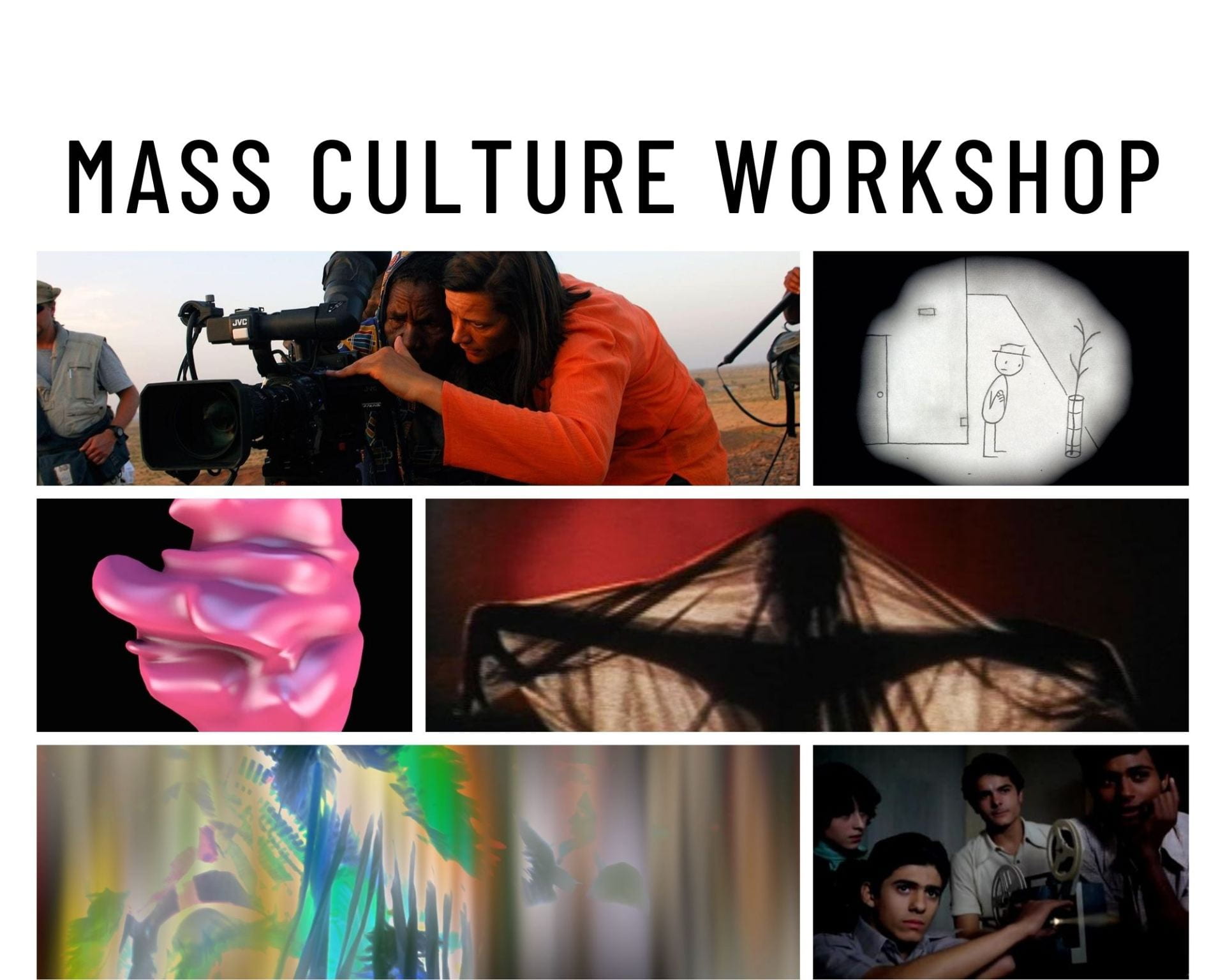Please join us on Friday, November 11th at 10:30AM in Cobb 311 as we welcome Priya Jaikumar, Associate Professor at the University of Southern California’s School of the Cinematic Arts. Professor Jaikumar will be presenting a paper entitled “Between Love and Orientalism in Jean Renoir’s The River.”
Professor Jaikumar’s paper will not be pre-circulated. A discussion will follow her presentation.
Please email either Katerina Korola [katerinakorola@uchicago.edu] or Dave Burnham [burnham@uchicago.edu] for the password.
Between Love and Orientalism in Jean Renoir’s The River
Jean Renoir’s The River opens with the claim that, “First love must be the same any place…But the flavor of my story would have been different in each.” The pivot of a qualifying “but” indicates that the universalist premise of experience hinges on negotiating with the particularities of place. It represents the desire to make generalizable truth-claims (in this case, about the nature of first love) compatible with the lived and visceral singularity of location (claimed by the camera and cinematography in Renoir’s film). The River shows India as full of transcendent and immanent meanings, as metaphysical yet mundane, real but providing intimations of a sublime that exceeds the geographical imagination. Emphasis on one or the other aspect of the film has characterized its historical interpretations. The challenge in thinking about The River, which comes to us across a political divide of opposing responses, is to be neither dismissive of the principles of humanism and love embraced by Renoir and André Bazin, nor dead to the geopolitical asymmetries of their well-intentioned empathies. The River’s orientalism opens (rather than forecloses) my analysis, because the film’s use of India as a visual backdrop is one part of a varied and profuse history of personal revelations, artistic ambitions and political contentions generated during a landmark location shoot. If the film’s production history pushes us to discern its rich material contexts, Renoir’s visual ambition reaches across time with its artful activation of the cinematic medium’s particularizing and abstracting tendencies. With this presentation, I reinvest in the intersecting realms of film aesthetics and politics, too frequently separated by current disciplinary divides between the philosophical and cultural study of cinema.
Priya Jaikumar is Associate Professor at the University of Southern California’s School of Cinematic Arts. She is author of Cinema at the End of Empire: A Politics of Transition in Britain and India, 1927-47 (Duke, 2006), and has published essays on Indian cinema, transnational feminism, film policy, film and geography, postcolonial cinemas and colonial cinemas, one of which received the Society of Cinema and Media Studies award for best essay in an anthology (2013). She is completing a manuscript titled Where Histories Reside: India as Filmed Space for Duke University Press. The book offers five arguments in favor of a spatial film history, by following a range of films shot on location in India from the 1930s to the present. This talk borrows from a section on “Affective Space.”
Refreshments will be provided.
**Persons with a disability who believe they may need assistance, please contact either Katerina Korola [katerinakorola@uchicago.edu] or Dave Burnham [burnham@uchicago.edu].**
